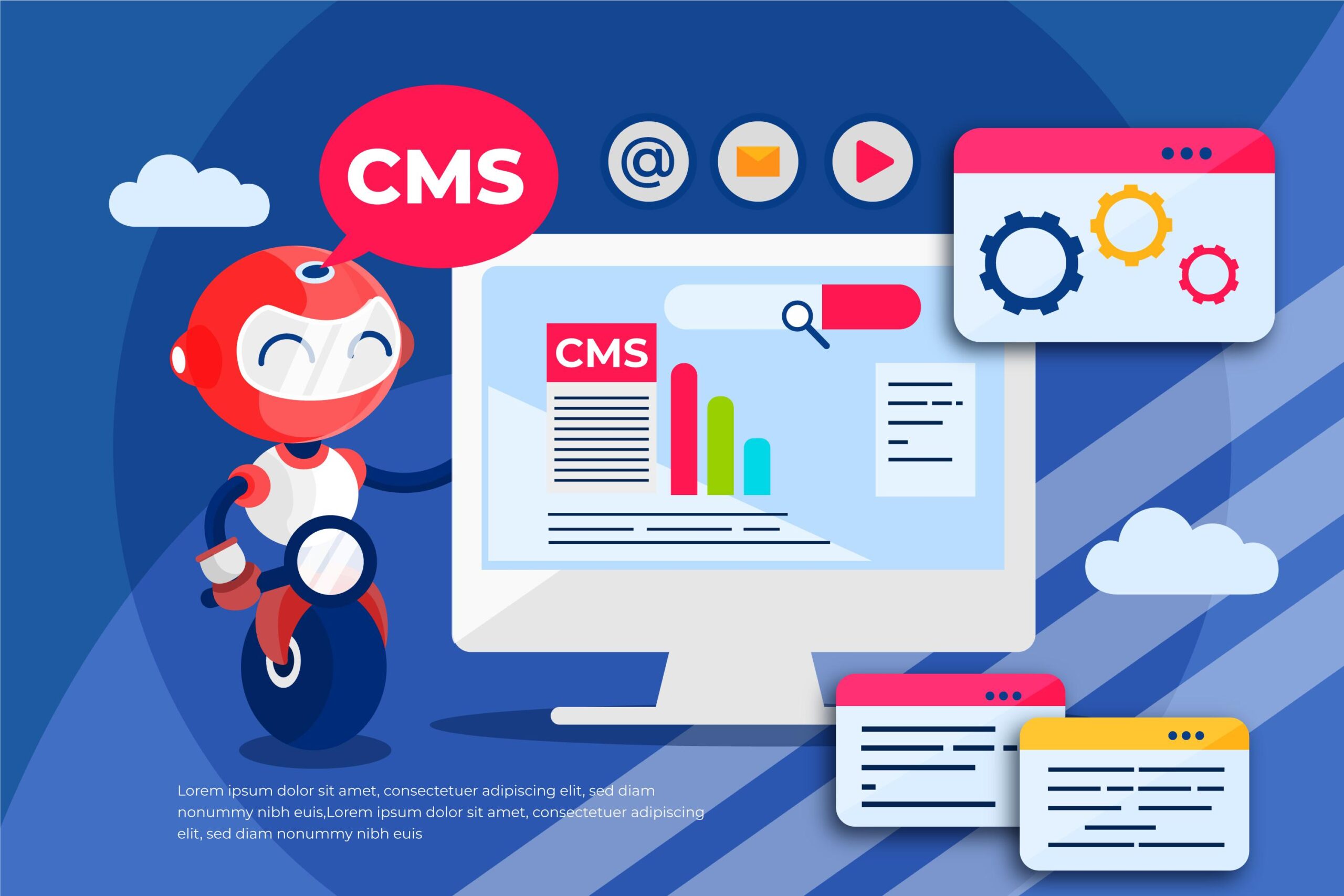Blog /
B2B marketing in the metaverse: opportunities for early adopters

For B2B brands willing to explore new territory, the metaverse offers both opportunity and first-mover advantage. As virtual spaces evolve from futuristic concepts into functional digital environments, forward-thinking companies are finding innovative ways to connect, engage, and build trust with business audiences in immersive ways.
What Is the Metaverse and Why It Matters for B2B
The metaverse is a collective virtual space that blends virtual reality (VR), augmented reality (AR), and the internet into persistent, shared environments. Unlike traditional websites or video calls, the metaverse allows businesses to interact in real time within rich, immersive spaces.
Key features that make the metaverse valuable for B2B marketing include:
- VR/AR Integration: Enables interactive, lifelike experiences that go beyond static web pages.
- Persistent Virtual Worlds: Always available, allowing companies to maintain a continuous presence.
- Real-Time Interactions: Facilitates natural conversations and dynamic presentations.
- Cross-Platform Access: Many metaverse platforms are accessible through web browsers, VR headsets, and mobile devices.
- Data-Driven Insights: Immersive environments can generate detailed analytics on user behavior and engagement.
For B2B marketers, these capabilities translate into new ways to shorten sales cycles, deepen customer relationships, and position brands as industry innovators.
Top Opportunities for B2B Marketing in the Metaverse
The metaverse opens doors to entirely new ways of connecting with prospects, partners, and peers. For B2B marketers, it’s not just about experimenting with emerging tech—it’s about finding practical opportunities where virtual environments can deliver real business value.
1. Virtual Events and Conferences
One of the most immediate opportunities is hosting or participating in virtual events and trade shows. Unlike webinars, metaverse conferences allow attendees to move through booths, interact with speakers, and network with peers in real time. This offers global reach without physical constraints, significantly reducing travel costs while maintaining the collaborative energy of in-person events.
Brands can use these events to showcase products, host panels, or sponsor immersive spaces, positioning themselves as thought leaders in emerging digital spaces.
2. Immersive Product Demos
Traditional B2B product demos often rely on static slides or pre-recorded videos. In the metaverse, companies can offer hands-on demonstrations in fully interactive environments. For example, a manufacturing company can simulate equipment operations, or a SaaS provider can guide clients through a virtual dashboard in real time.
Immersive demos help bridge the gap between explanation and experience, making complex products easier to understand and increasing the likelihood of conversion.
3. Interactive Customer Engagement
Beyond one-off events, the metaverse offers opportunities for ongoing, personalized customer interactions. Brands can create virtual showrooms, branded environments, or service hubs where clients can explore content, chat with sales reps, and collaborate on projects. This kind of engagement fosters deeper trust and loyalty, giving businesses a distinct competitive edge.
Metaverse spaces can also integrate with existing marketing channels, such as email campaigns and SEO strategies, by driving traffic to immersive experiences that continue the conversation.
4. Networking Opportunities
B2B relationships thrive on meaningful connections, and networking is a cornerstone of the metaverse experience. Whether it’s private client meetings, industry mixers, or partner showcases, virtual networking spaces allow professionals to connect globally without logistical barriers.
For early adopters, being present in these spaces means meeting prospects where innovation happens, opening doors to collaborations that might not arise through traditional channels.

How Early Adopters Can Benefit
Embracing metaverse B2B marketing early offers a range of strategic advantages:
- Brand Positioning: Being seen as an innovator builds credibility with tech-forward clients.
- Competitive Differentiation: Early adopters can establish unique virtual experiences that set them apart from competitors.
- Data-Driven Campaigns: Metaverse analytics offer insights into how users move, interact, and engage, fueling smarter marketing strategies.
- Community Building: Virtual environments foster engaged communities around products, services, or shared interests.
- Shorter Sales Cycles: Interactive demos and real-time interactions help buyers make decisions faster.
Early movers don’t have to build entire virtual worlds from scratch. Many existing metaverse platforms offer plug-and-play solutions, making it feasible for SMBs to experiment without massive upfront investments.
Challenges of Implementing B2B Marketing in the Metaverse
While the metaverse presents exciting opportunities, it’s not without its hurdles. Businesses stepping into this space need to be mindful of the practical and ethical challenges that come with building immersive experiences.
Technical and Financial Barriers
Developing and maintaining metaverse experiences requires technical expertise, infrastructure, and potentially significant costs for high-quality VR assets. Not every business has immediate access to these resources, which can make scaling difficult.
However, companies can start small for example, by creating branded spaces within existing platforms before investing in fully customized environments.
Privacy, Security, and Ethical Concerns
With immersive environments comes increased data collection, raising questions about privacy and security. B2B marketers must ensure compliance with data regulations and build trust by being transparent about data usage. Ethical considerations, such as maintaining accessibility and preventing misuse of virtual spaces, should also be part of strategy development.

Integrating Metaverse Strategies with Digital Marketing
Metaverse B2B marketing doesn’t replace traditional channels, it enhances them. Businesses can integrate immersive experiences with:
- SEO and Content Marketing: Optimized landing pages can direct visitors into metaverse environments.
- Email Campaigns: Invitations to virtual events or demos can boost engagement rates.
- Paid Media: Targeted ads can drive qualified traffic into branded virtual spaces.
- CRM Systems: Integration allows marketers to track user interactions and personalize follow-ups.
This holistic approach ensures that metaverse initiatives work alongside, not in isolation from, the broader marketing ecosystem.
The Time to Experiment Is Now
The metaverse is still evolving, but its potential for B2B marketing innovation is clear. Early adopters have the chance to shape how industries engage in virtual spaces, gaining visibility, data insights, and strategic positioning along the way.
Whether you’re exploring virtual events, immersive demos, or interactive client engagement, starting now gives your business a powerful head start. The brands that lean in today will be the ones setting the standards tomorrow.
Ready to explore B2B marketing in the metaverse? Contact Purplegator to design immersive strategies that set your business apart.
Related Reading
Why Relevance Raises Response — A Smarter Ad Playbook




